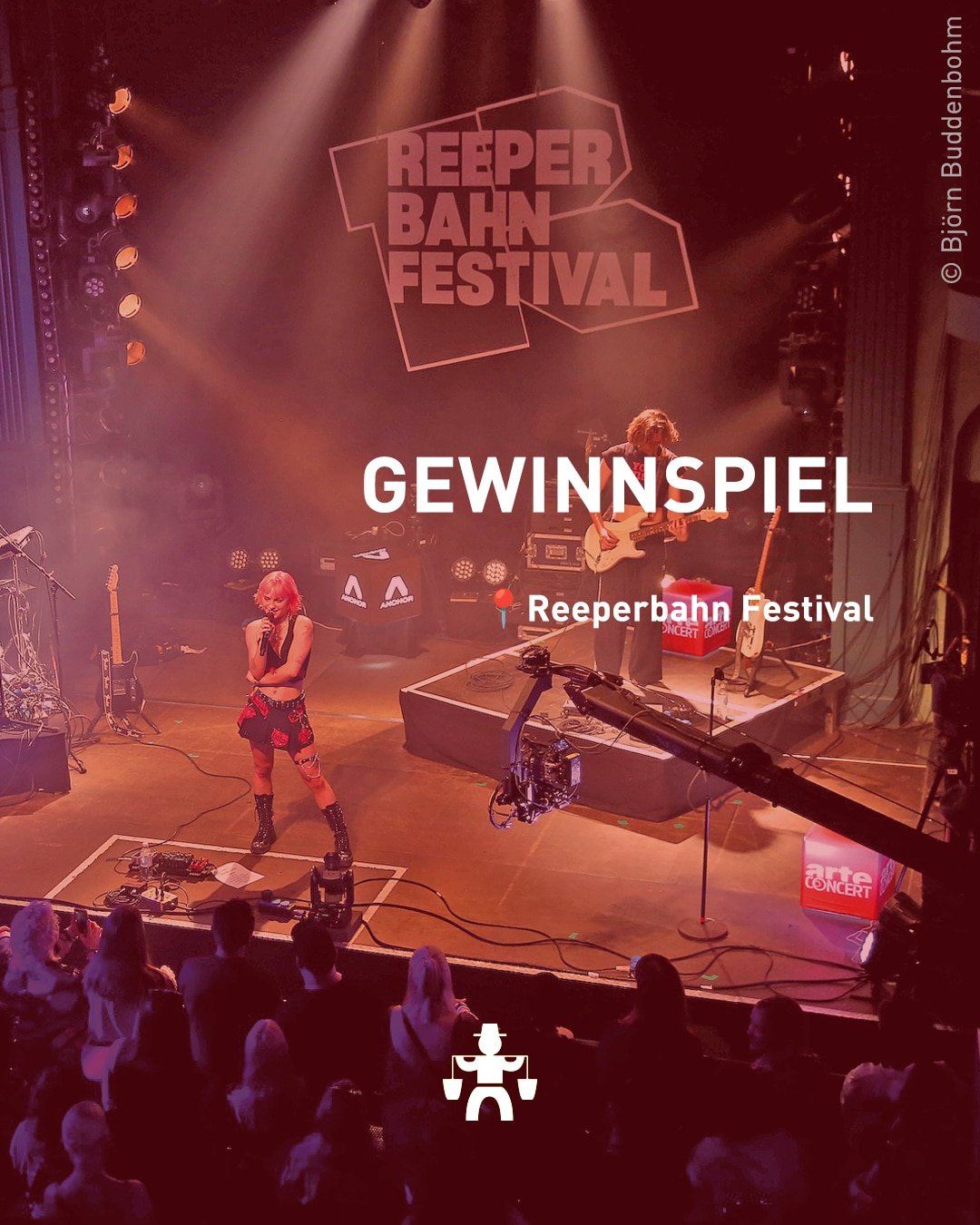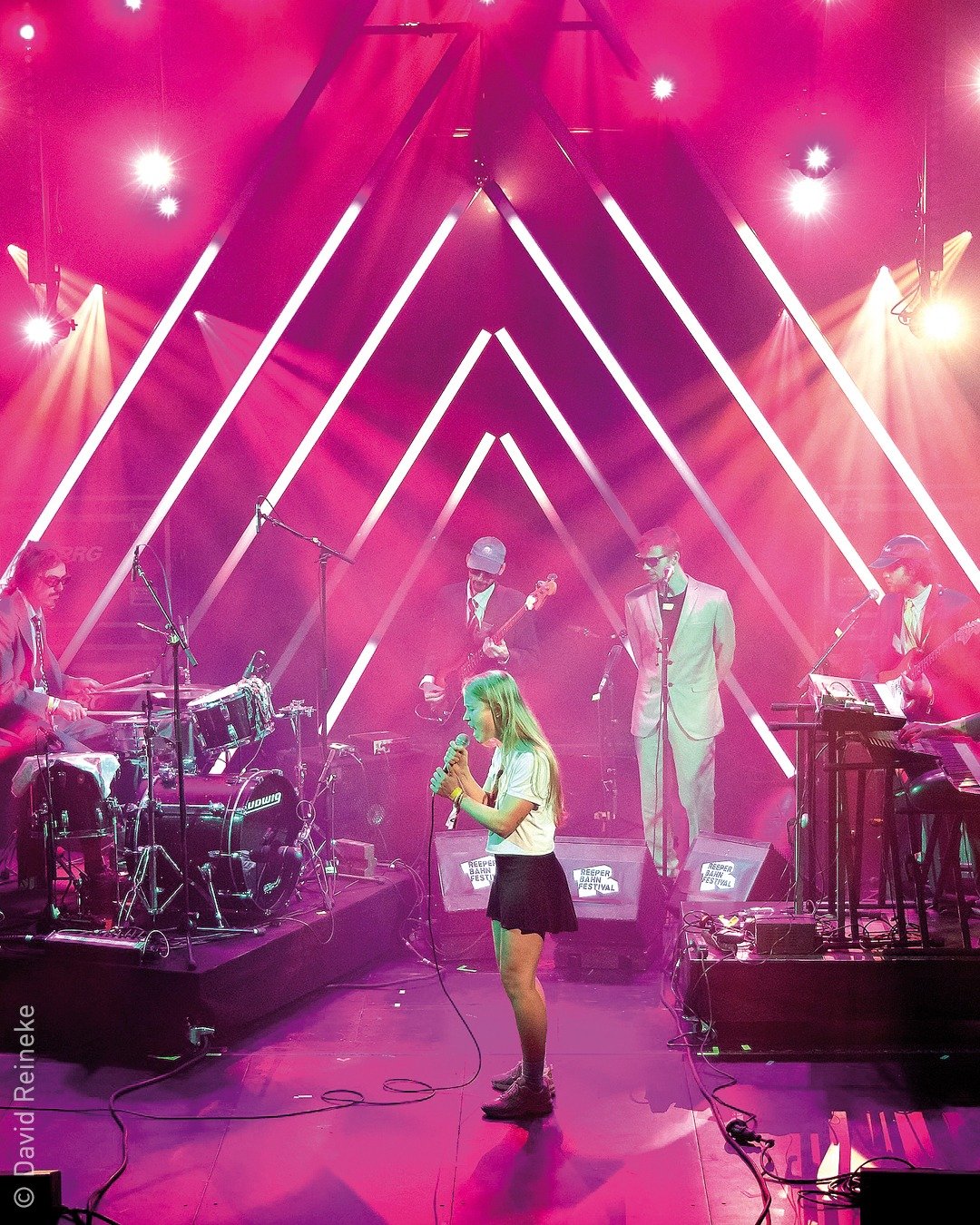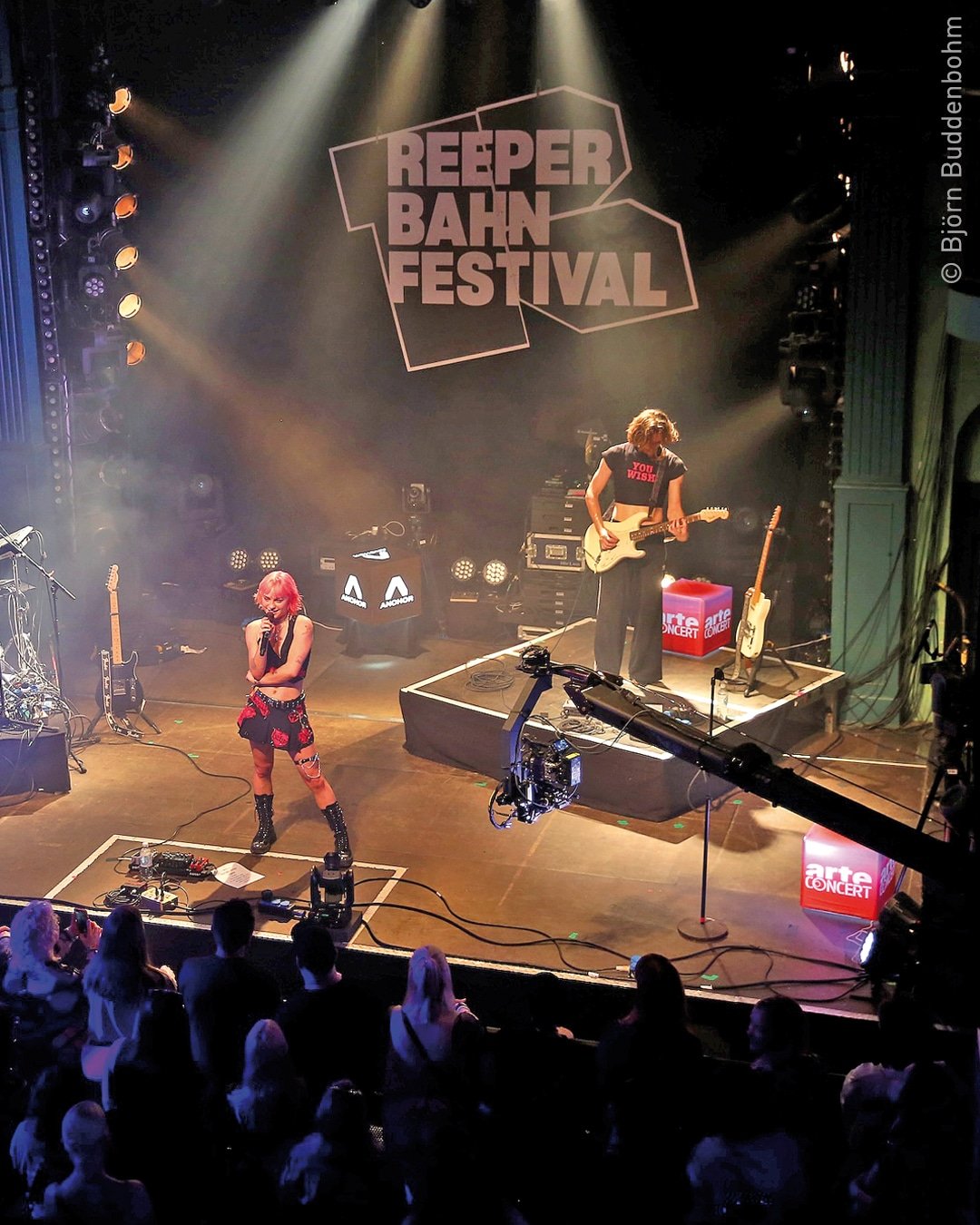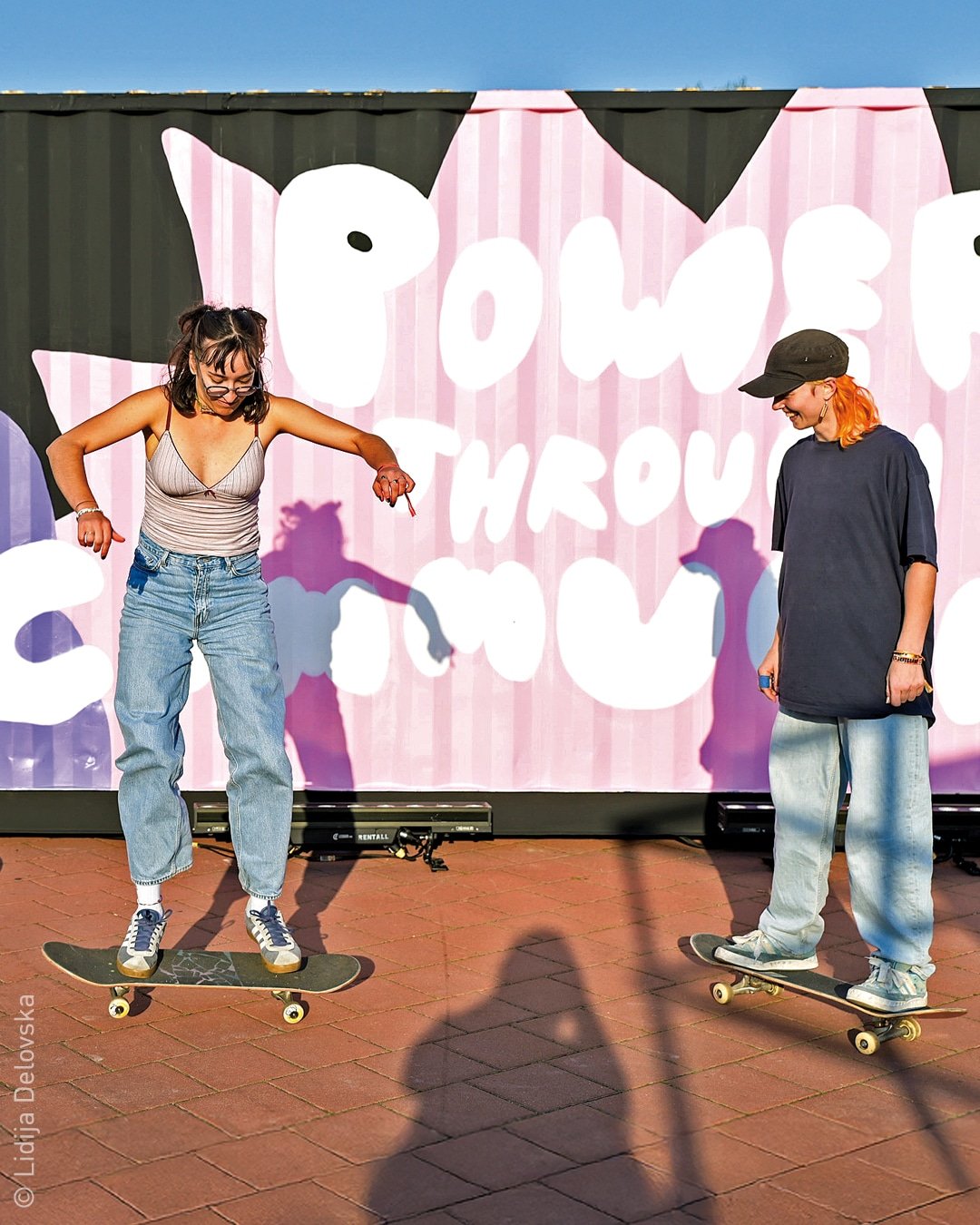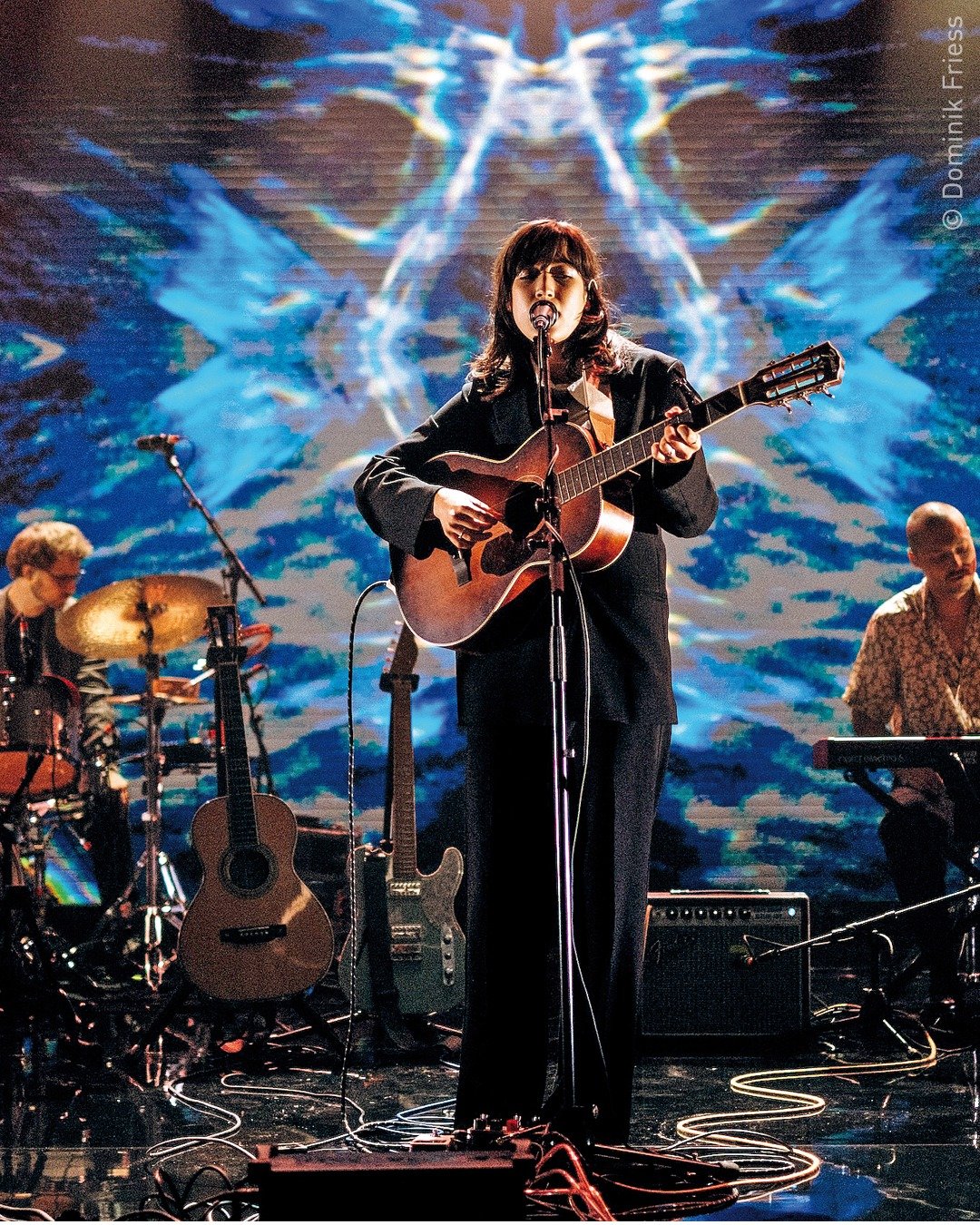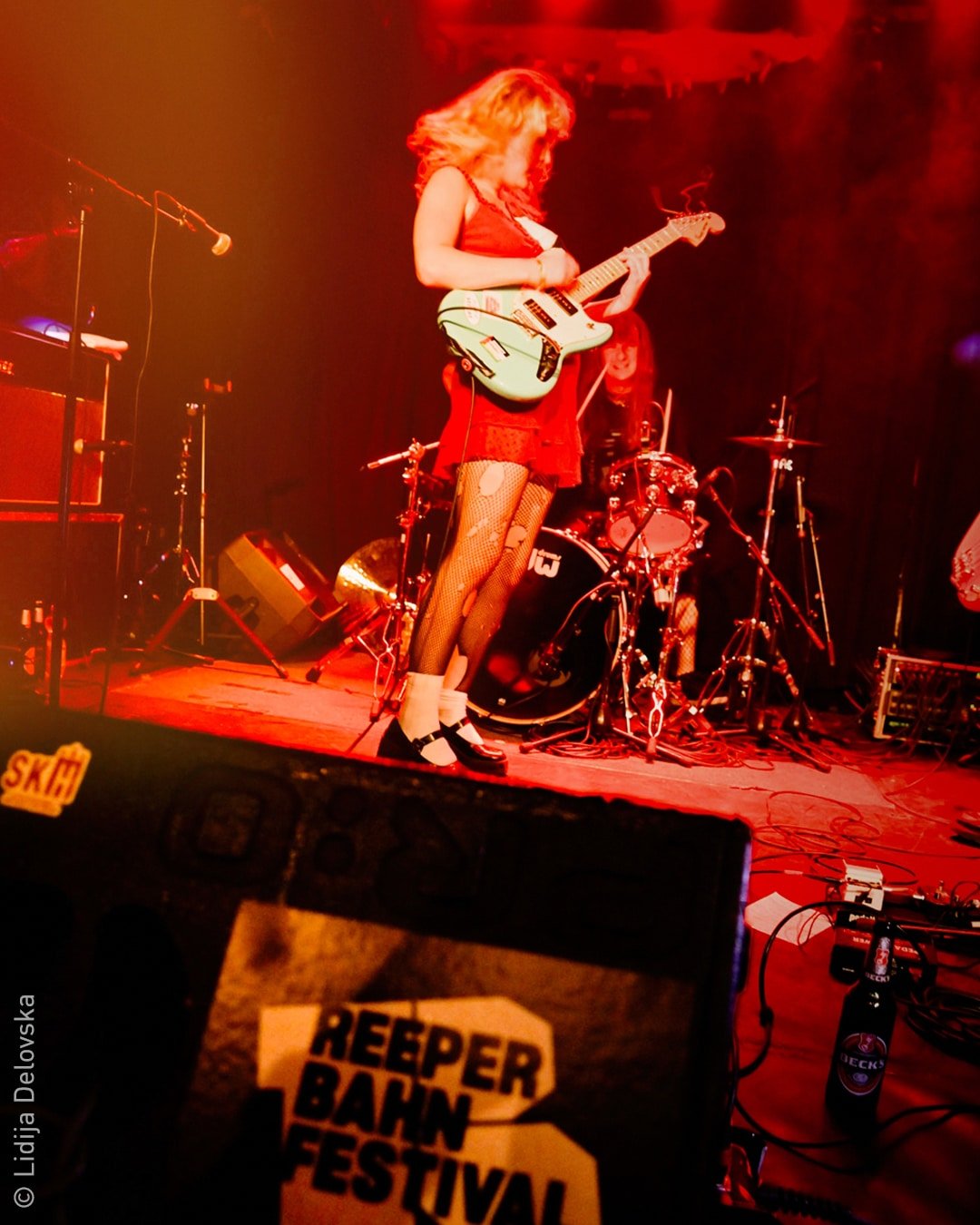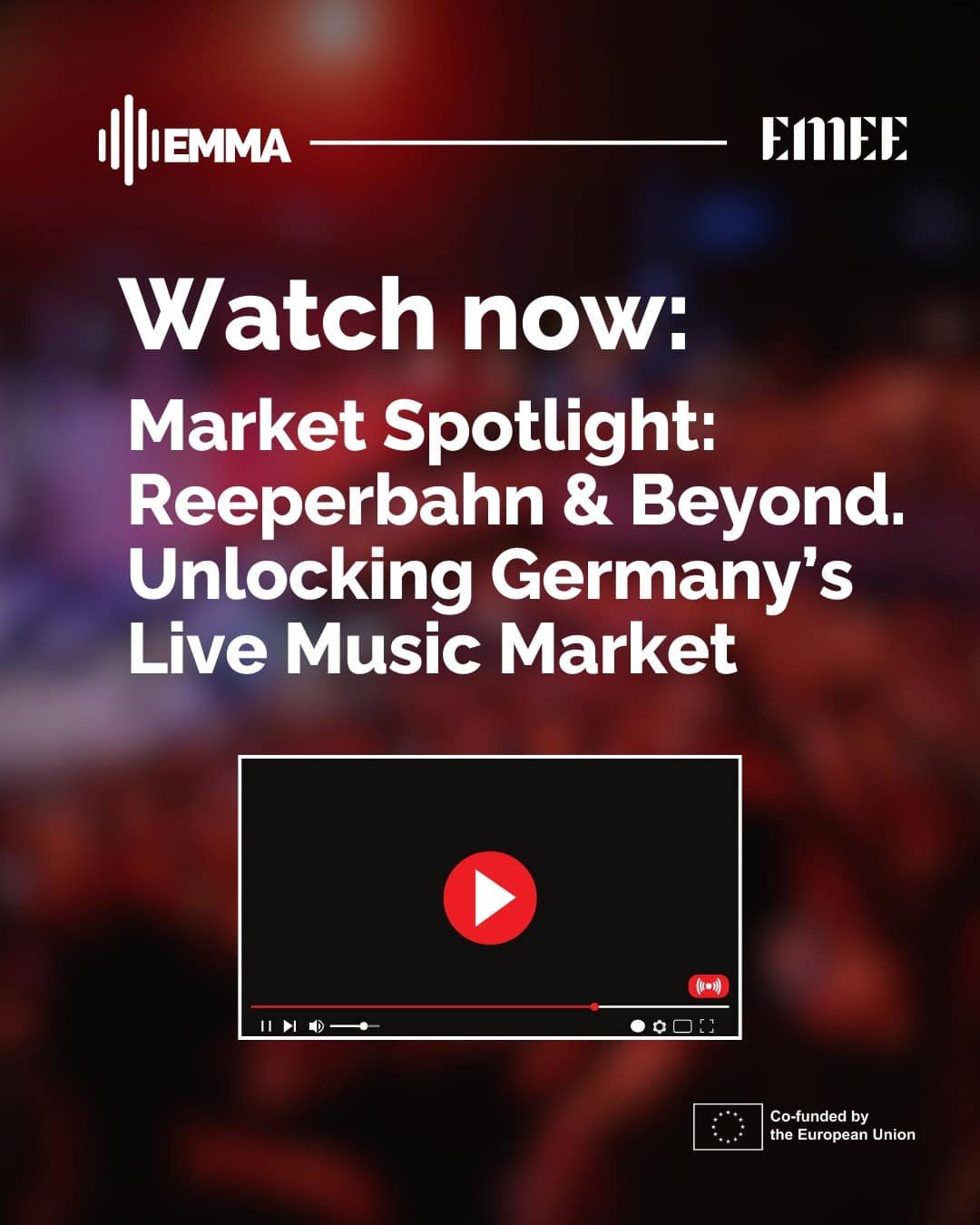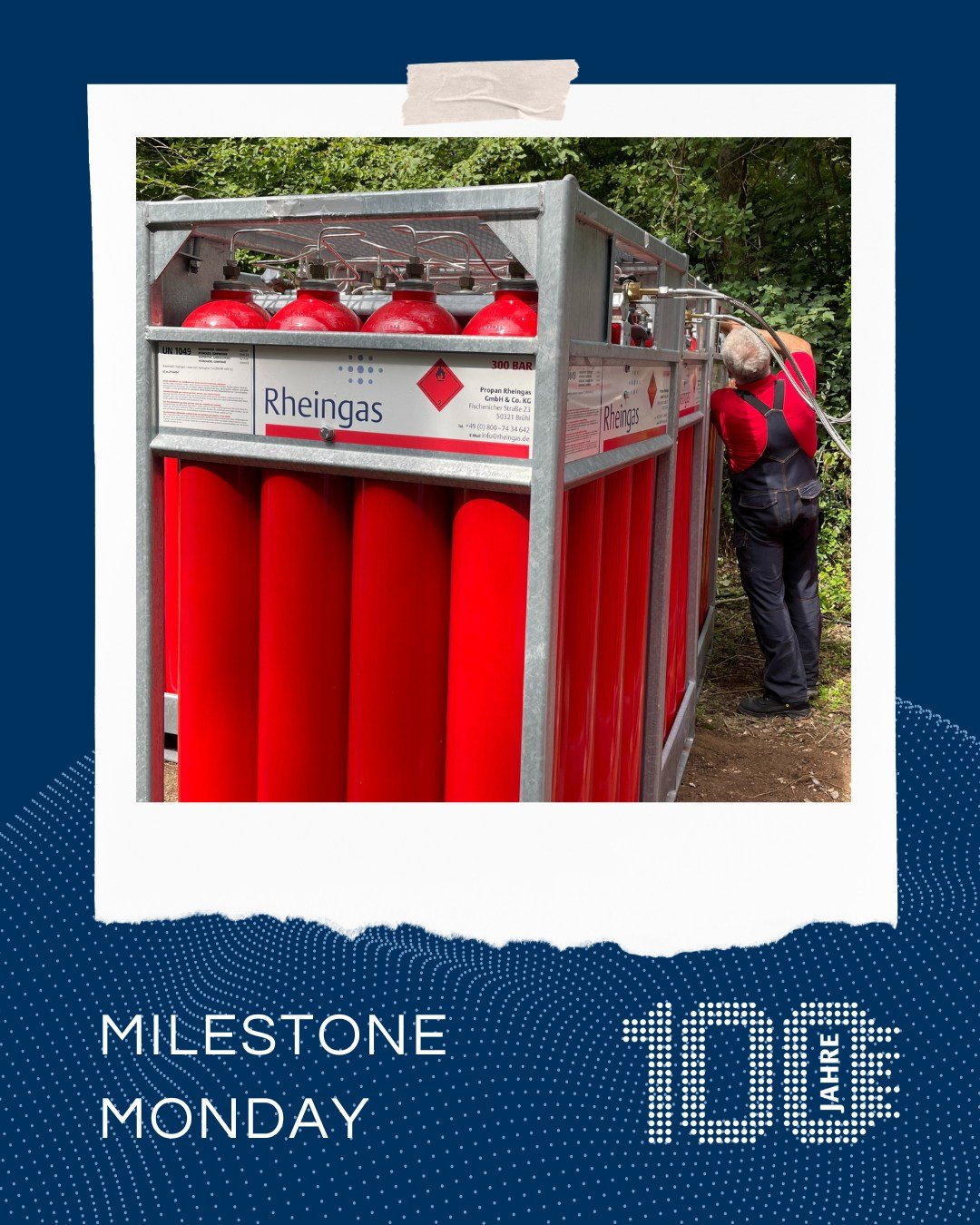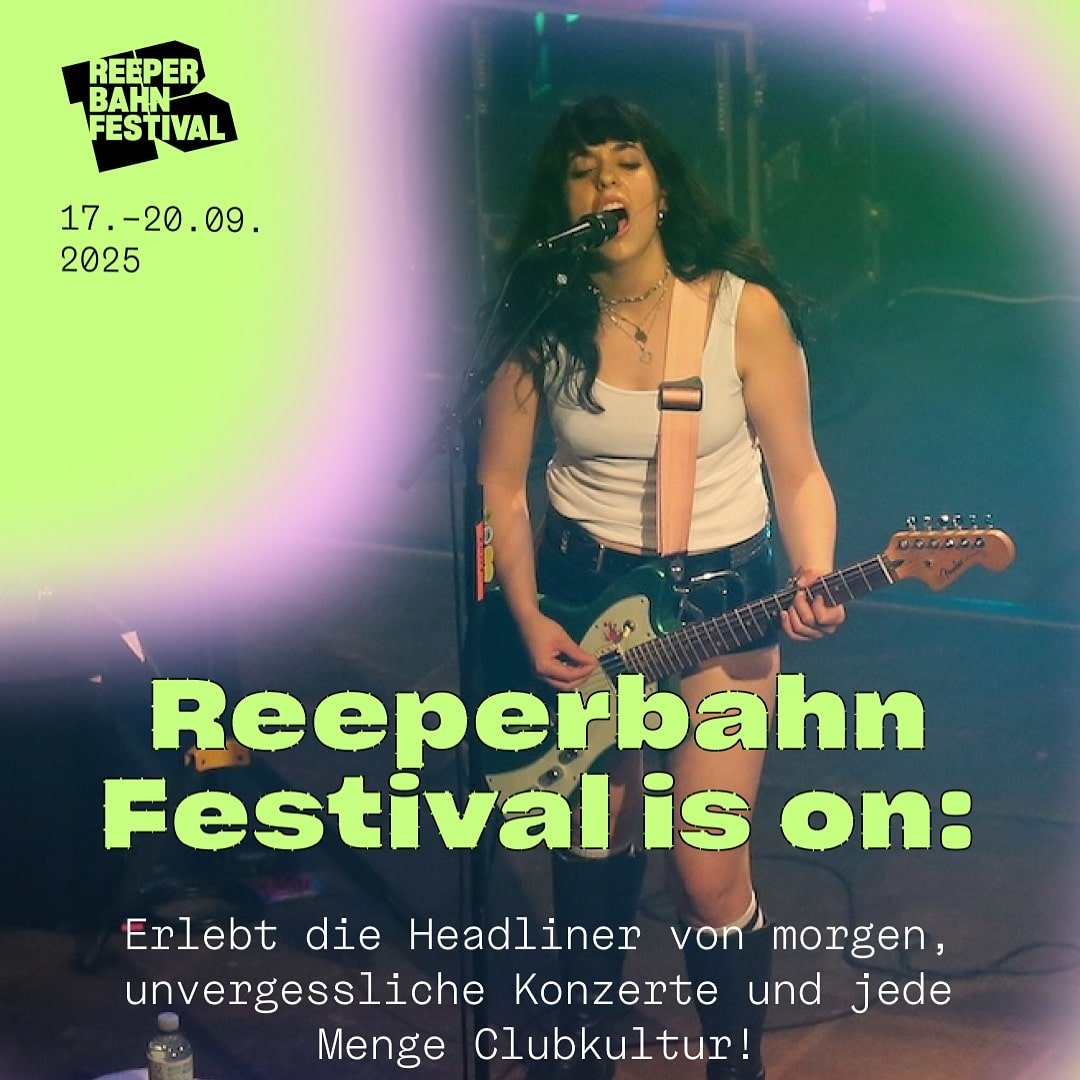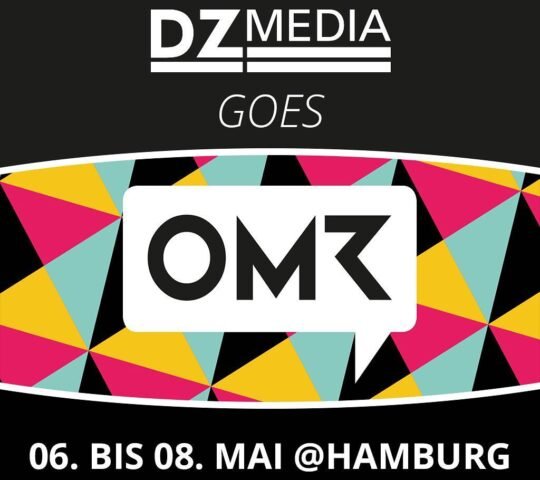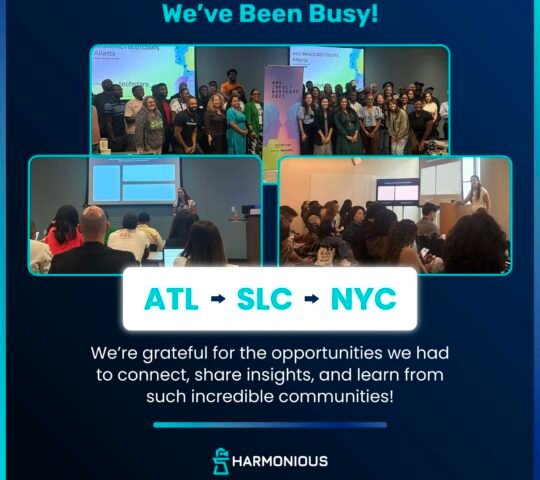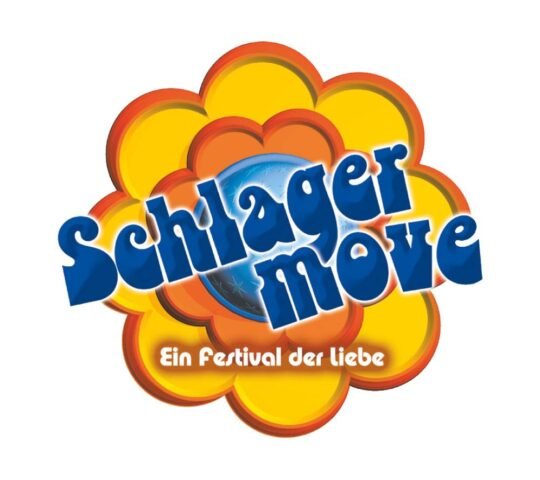Reeperbahn Festival (Hamburg) 2026
Background & History
The Reeperbahn Festival, Europe’s largest club festival, transforms Hamburg’s gritty St. Pauli district into a pulsating hub of music, art, and ideas each September, drawing 50,000+ attendees to over 600 events across 80+ venues. Launched in 2006, it was inspired by Liverpool’s Cavern Club scene and Hamburg’s own Beatles history, aiming to spotlight emerging talent in the city’s iconic red-light district, once home to 1960s gigs by Lennon and McCartney. Organized by RBX GmbH, it has grown from a local showcase to a global platform, blending concerts with a music industry conference that attracts 5,000 professionals.
Early editions featured breakout acts like Bon Iver and Ed Sheeran, cementing its reputation as a talent incubator. By 2016, it introduced the Anchor Award for newcomers (past winners: Alyona Alyona, Yard Act), and joined the Keychange initiative for 50/50 gender equality by 2022. Its Arts & Word program, launched in the 2010s, weaves in social themes—sustainability, anti-discrimination—via exhibitions and talks, earning UNESCO nods for cultural innovation. The 2024 festival, themed “Imagine Togetherness,” tackled post-COVID unity, a thread likely to deepen in 2026 amid global socio-political shifts.
The festival’s cultural weight lies in its raw St. Pauli spirit: a port city’s melting pot where punk dives like HÄKKEN meet the majestic Elbphilharmonie, fostering a dialogue between indie grit and high art. With 1.2 million social media engagements and €20 million in local economic impact, it’s Hamburg’s annual manifesto of diversity, discovery, and defiance—a sonic rebellion where newcomers rewrite the future under Reeperbahn’s neon glow.
Enjoy Your Event Stress-Free with Euro Travelo
Planning a trip to attend a festival, concert, or business event in Europe can be overwhelming—tickets, travel, accommodation, and local logistics all take time and effort. Euro Travelo makes it simple by providing everything you need through one trusted company. You save time, avoid stress, and enjoy a seamless experience from start to finish.
Why Choose Euro Travelo:
- Secure and easy ticket booking for concerts, festivals, theaters, and business events.
- Complete travel planning including flights, trains, and local transportation.
- Accommodation arrangements near event venues, tailored to your needs.
- Convenient local transfers, from airport pickups to private shuttles.
- On-site concierge support to help you navigate venues and schedules.
- Custom itineraries and experience packages combining multiple events, tours, and activities.
- Secure payment process, making it safe and convenient to book all services online.
- Flexibility: even if you need only one service, we can assist individually.
Event Highlights
- Main activities or performances: Over 400 concerts span indie, electro, hip-hop, and classical across venues like Docks (1,500 capacity) and Elbphilharmonie (2,000 seats); curated Arts & Word events include live podcasts, film screenings, and socially charged exhibitions like “Femizide Stoppen”; the Anchor Award ceremony crowns rising stars with industry buzz.
- Special traditions or features: Free open-air shows at Festival Village’s fritz-kola Bühne and Amazon Music Stage; “Skate Academy” interactive workshops blend music with street culture; awareness teams in purple vests ensure safe spaces, a legacy of 2019’s inclusivity push. The conference at East Hotel hosts panels on music’s future, from AI to eco-touring.
- Unique attractions for visitors: Rooftop gigs at CoreGo with harbor views; pop-up venues like Döner Factory for intimate sets; 2026 may expand AR concert overlays via the festival app, syncing visuals to beats. Expect spontaneous busking on Spielbudenplatz and vegan kebab stands fueling late-night debates on art and activism.
The Regions of the Reeperbahn Festival
This section explores how Reeperbahn Festival electrifies Hamburg’s St. Pauli, a district where sailors’ taverns and punk clubs collide, while rippling across the Hanseatic city’s maritime soul. The Reeperbahn—Hamburg’s “sinful mile”—anchors the fest with neon-lit venues like Grosse Freiheit 36 (Beatles’ old haunt) and Knust, nestled among strip clubs and kebab joints. Spielbudenplatz’s open-air stages and Heiligengeistfeld’s Festival Village, with its skatepark and art installations, pulse as communal hubs, framed by St. Michaelis’ spire.
Beyond St. Pauli, Altona’s DIY art scene hosts pre-fest gigs, while Eimsbüttel’s cafés buzz with conference delegates. The Elbphilharmonie, a glass jewel on the Elbe, elevates the vibe with orchestral sets, linking port grit to global grandeur. Greater Hamburg amplifies: Blankenese’s beaches offer post-fest recovery, Lüneburg’s medieval lanes (40 km south) inspire day trips, and Schleswig-Holstein’s fjords tie into eco-themed panels. For 2026, expect bike-friendly routes via Hamburg’s flat paths and S-Bahn links to Lübeck’s Hanseatic heritage, weaving St. Pauli’s raw energy into Northern Germany’s salty, soulful tapestry—a festival where every chord echoes the North Sea’s restless tide.
Date & Duration
Dates: September 16 – September 19, 2026
Duration: 4 days
Venue / Location
The festival spans 80+ venues in St. Pauli, from clubs (Docks, Mojo Club) to theaters (Imperial) and unique spots like St. Pauli Kirche; key hubs include Festival Village (Heiligengeistfeld), Spielbudenplatz, and Elbphilharmonie. The conference centers at East Hotel.
Google Maps Address: Reeperbahn 1, 20359 Hamburg, Germany
Ticket Information
- How tickets are sold: Online via reeperbahnfestival.com or Eventim.de from spring 2026; wristbands at Festival Village Info Desk; conference passes separate; bundles via Hamburg Tourismus include hotels.
- Whether admission is free or paid: Free for open-air stages (Festival Village, Spielbudenplatz); paid for club shows, conference, and Elbphilharmonie concerts.
- Ticket pricing in USD only: Minimum $33 USD (day ticket); maximum $220 USD (full festival + conference pass).
- Any special seating or VIP options: Reserved Elbphilharmonie seats ($55–$110 USD); conference VIP pass ($165 USD, networking lounges); group discounts (10% for 5+); accessibility wristbands free with companion.
Contact Information
- Email: contact@reeperbahnfestival.com (general); press@reeperbahnfestival.com (media); awareness@reeperbahnfestival.com (support).
- Phone: +49 40 431795917 (RBX GmbH, multilingual); +49 176 13795940 (awareness hotline, 6 PM–2 AM during fest).
- Website: https://reeperbahnfestival.com/en/
- Social Media: @reeperbahn_festival (Instagram for lineup drops); Reeperbahn Festival (Facebook for streams); Spotify for curated playlists; TikTok for artist teasers.
- Key Staff: RBX GmbH team; Act Aware e.V. for awareness; contact via form for specifics.
- Press/Volunteers: Press accreditation via website; volunteer roles (ushers, awareness) open June 2026.
- Note: Response time 24–48 hours; English/German support; #ReeperbahnFestival2026 for updates.
Cultural Experience
Reeperbahn Festival 2026 immerses you in Hamburg’s rebellious heartbeat, where St. Pauli’s punk dives and neon alleys become a crucible for sonic discovery, blending raw club gigs with high-minded talks on equality and sustainability—a port city’s ode to art as activism. It’s a paradox: gritty Reeperbahn bars host polished Elbphilharmonie sets, yet the vibe unites all in a shared quest for the next big sound, from indie to Afrobeat.
Traditions emerge organically—buskers spark impromptu crowds outside Indra, where the Beatles once played; the Anchor Award’s emotional crowning at Docks feels like a rite of passage; awareness teams with purple umbrellas weave safety into the chaos, a post-MeToo hallmark. Music spans genres: folk whispers in St. Pauli Kirche, techno thumps at HÄKKEN, while Arts & Word’s talks on feminism or climate resonate in East Hotel’s lounges. Costumes lean casual—band tees, vegan leather, glow sticks—reflecting St. Pauli’s anti-glam ethos, though 2026 may see eco-chic upcycled outfits.
Inclusivity is core: gender-neutral facilities, sign-language interpreters, and “Handbook of Shared Responsibility” kits empower allyship. Free Village stages democratize access, while vegan döner and craft beers fuel cross-cultural chats under Spielbudenplatz lanterns. It’s Hamburg’s soul laid bare—salty, diverse, defiant—where every note and conversation dares you to imagine a better, bolder togetherness.
Food & Drinks
- Must-try specialties: Labskaus (corned beef hash with beetroot, pickles), a sailor’s dish from St. Pauli stalls, grounding festival-goers in Hamburg’s port heritage.
- Street fusions: Vegan kebabs with harissa at Döner Factory; currywurst with wasabi twists; Syrian falafel wraps reflect St. Pauli’s migrant mosaic, served on eco-plates.
- Sweet indulgences: Franzbrötchen (cinnamon pastries) from pop-ups, dusted with sugar for late-night fuel; gelato with sea salt nods to the Elbe’s tides.
- Signature sips: Astra beer, St. Pauli’s hoppy staple, flows at B2Beergarden; Fritz-Kola (caffeinated soda) powers all-nighters; non-alcoholic mate tea for clarity.
- Late-night bites: Fischbrötchen (herring rolls) from Reeperbahn trucks, or plant-based shawarma for post-gig munchies, shared under neon signs.
- Inclusivity notes: Halal/vegan stalls abundant; allergy labels clear; communal tables at Festival Village spark chats over shared plates, echoing “togetherness.”
Getting There
- Nearest airports: Hamburg (HAM, 12 km/30 min, €8 USD S1 train); Lübeck (LBC, 60 km/1 hr, €15 USD FlixBus).
- Public transport: U3 to St. Pauli (€3 USD, 10 min from Hauptbahnhof); S-Bahn to Reeperbahn (€3 USD, 5 min); HVV day pass (€8 USD) covers all. Not included in festival ticket.
- Parking: Limited—use Park & Ride at Veddel (€5 USD/day, S-Bahn link); bike racks at Festival Village; Call-a-Bike rentals (€1/unlock) for flat St. Pauli cruises.
- Other tips: FlixBus from Berlin (€20 USD, 3 hrs); arrive pre-2 PM to nab Village spots; e-scooters (€0.20/min) for venue hops.
Accommodation Options
- Budget stays: Backpackers St. Pauli (€40–60 USD/night, dorms near Reeperbahn, rooftop chill); A&O Hostel (€50–70 USD/night, central with bar).
- Mid-range hotels: Arcotel Onyx (€100–140 USD/night, Reeperbahn-facing, festival lounge); East Hotel (€90–130 USD/night, conference hub, spa).
- Luxury retreats: Hotel Hafen Hamburg (€180–250 USD/night, Elbe views, shuttle to Elbphilharmonie); The Westin Hamburg (€200–300 USD/night, glass-tower suites).
- Themed immersions: Airbnb in Altona lofts (€80–120 USD/night, vinyl collections); St. Pauli flats (€90 USD/night, punk art vibes).
- Unique stays: Houseboats on Elbe (€120–150 USD/night, floating gigs); eco-cabins in Blankenese (€100 USD/night, beach recovery).
Maps
Contact
Video
FAQ's
What are the dates and key events for Reeperbahn Festival 2026?
September 16–19, 2026, across St. Pauli. Highlights: opening show (Sep 16, Operettenhaus), Anchor Award (Sep 18, Docks), free Village concerts daily (2 PM–10 PM), Arts & Word talks (e.g., equality panels). 50K attendees; app for schedules. Mild fall weather—pack layers. Expect 400+ acts, 30+ exhibitions.
How do I buy tickets, and what are the costs for 2026?
Online via reeperbahnfestival.com/Eventim from spring 2026; wristbands at Heiligengeistfeld Info Desk. Day ticket $33 USD; full pass $110 USD; conference + festival $220 USD. Elbphilharmonie shows separate ($55–$110 USD). Under-16s with adult; group discounts 10%. Non-refundable; personalization required. Accessibility wristbands free.
Is the festival family-friendly, and what accessibility features are available?
Family-friendly Village (daytime, free skatepark, kids’ workshops); evenings 18+ for clubs. Wheelchair ramps at Elbphilharmonie, East Hotel; ASL interpreters; awareness points with quiet zones (11 AM–2 AM). Gender-neutral restrooms; leashed pets OK outdoors. 2026 boosts allyship via purple-vest teams. Safe but crowded—mornings best.
What if it rains or venues are oversubscribed in 2026?
Rain-ready: Village tents, indoor clubs; ponchos sold (€2 USD). Cancellations rare—refunds for paid shows only. Crowds peak Friday/Saturday (50K)—app tracks venue capacity; wristbands don’t guarantee entry. Lost? Awareness Points at Spielbudenplatz; medical teams patrol. Prohibited: glass, weapons—quick scans. Updates via @reeperbahn_festival.
How can I engage beyond concerts at Reeperbahn 2026?
Join Arts & Word talks (free with pass); skate workshops; volunteer for awareness (June sign-ups). Wear band merch or upcycled gear; sip Astra at GAGA Bar. Virtual: Spotify playlists, TikTok lives. Explore St. Pauli’s Beatles history or Elbe ferries post-fest. It’s immersive—dive into Hamburg’s rebellious rhythm.


